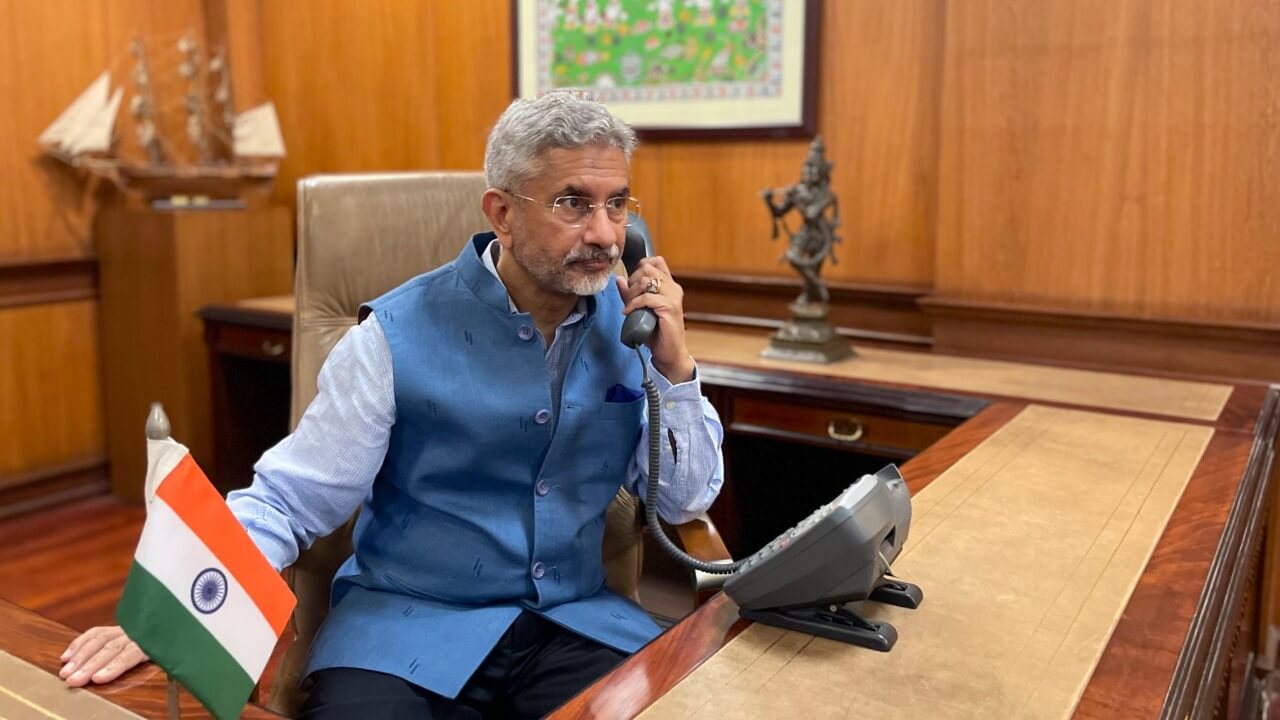Overview
Speaking at the Australian Strategic Policy Institute and Observer Research Foundation’s inaugural Raisina@Sydney event, Indian External Affairs Minister (EAM) S. Jaishankar lauded the G20’s leadership amid the global economic and political challenges faced by the international community.
Jaishankar said that the 180 countries worldwide are looking to the 20 largest economies to “show the direction” and mitigate their “real” and “pressing” problems. To this end, he highlighted the need for the G20 to be cognizant and perform its task of ensuring “economic growth and global development.”
The EAM noted that India’s Presidency comes amid a “difficult juncture of world politics.” He added that the Ukraine war has “very strongly polarised” the grouping, making it difficult to achieve a consensus at the Bali Summit.
Nonetheless, he lauded Indonesia’s “patience and creativity” in securing a “common ground” to deliver a joint statement.
Spoke at the inaugural ASPI-ORF Raisina @ Sydney event today afternoon. So glad to see the forum grow beyond Indian shores.
— Dr. S. Jaishankar (@DrSJaishankar) February 18, 2023
Highlighted the need for derisking global economy and ensuring trust & transparency in digital domain. pic.twitter.com/k0QpqcA8TC
“Rebalancing” Global Order
In his address, Jaishankar further stressed the importance of globalisation in rebalancing the global society. He said that the G20 is an example of such a rebalancing, given that it was formed to overcome the challenges of the “narrow” approach of the G7 after the global economic crises in 2008-2009.
Regarding the current global order, he said that the US remains the “premier power” for the foreseeable future, and recognised the “undeniable” rise of China as a “global influence.”
Nevertheless, Jaishankar noted that the past decade has seen “many more global powers” influencing global debates and outcomes. To this end, he appreciated that the US recognises the limitations in its capacities and is open to cooperating with like-minded partners.
In a changing global scenario, India and Australia are forging a crucial partnership and the contributions of all stakeholders is appreciated.
— Dr. S. Jaishankar (@DrSJaishankar) February 18, 2023
📹: https://t.co/raBrDdcXrU
In addition, Jaishankar lauded the Indo-Pacific region, and the Quad as a mechanism, for attempts at ensuring global welfare through “new tiered geopolitical theatres.” He emphasised that despite large geographical distances, the four countries — India, Australia, the US, and Japan — came together to respond to global and regional needs.
Need to “De-Risk” Global Economy
During his Raisina@Sydney Business Breakfast address, Jaishankar further noted that the impact of COVID-19 in countries, including those in Africa and Asia, underlined the need to “de-risk the global economy” by enhancing reliability and making supply chains resilient.
Jaishankar enlisted four developments in India, which have occurred in pursuance of this aim.
First, he highlighted the prevalence of “Make in India,” through which New Delhi seeks to achieve self-reliance by enhancing production capabilities.
On the 🇮🇳-🇺🇸 relationship, Minister @DrSJaishankar told Raisina @ Sydney 'there has been a significant change in American thinking and that this is not the same United States that we dealt with in the 1960s or, frankly, in 2005.'
— ASPI (@ASPI_org) February 20, 2023
Read more in @NewsX ⬇️https://t.co/ZAwwEfETkW
Second, he spoke of “Invented in India,” through which New Delhi seeks to export products, services, and technologies.
Third, he outlined India’s progress in infrastructural growth, which he said has long been a problem for the country.
Finally, he praised India’s successes in digitisation, through which the government has been able to address socioeconomic challenges such as food delivery during COVID-19.

